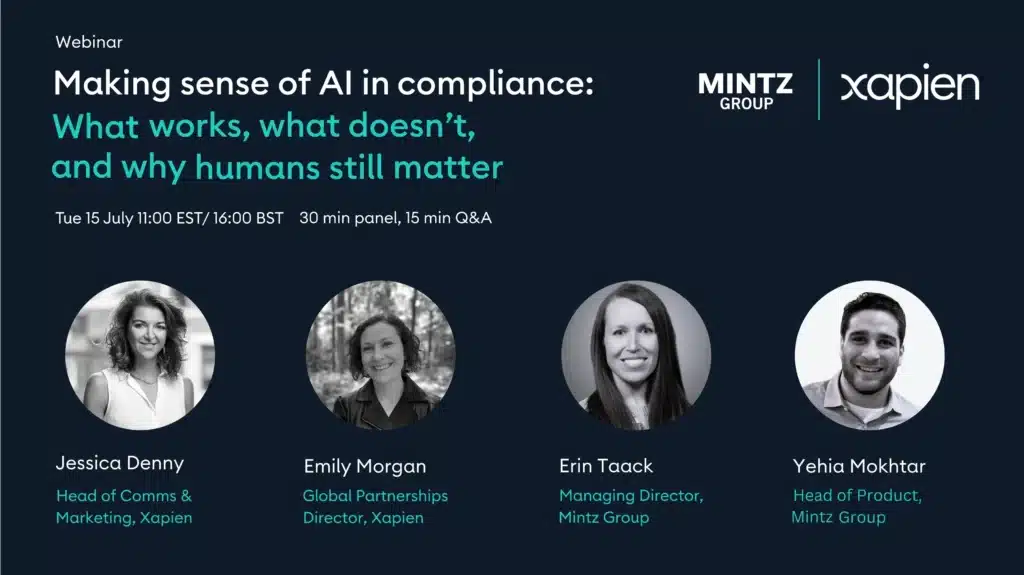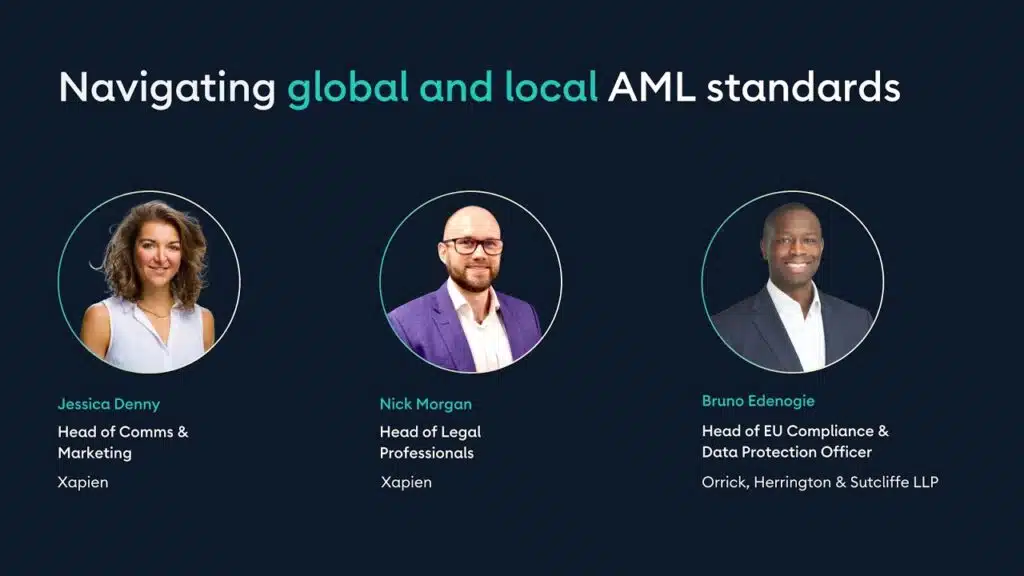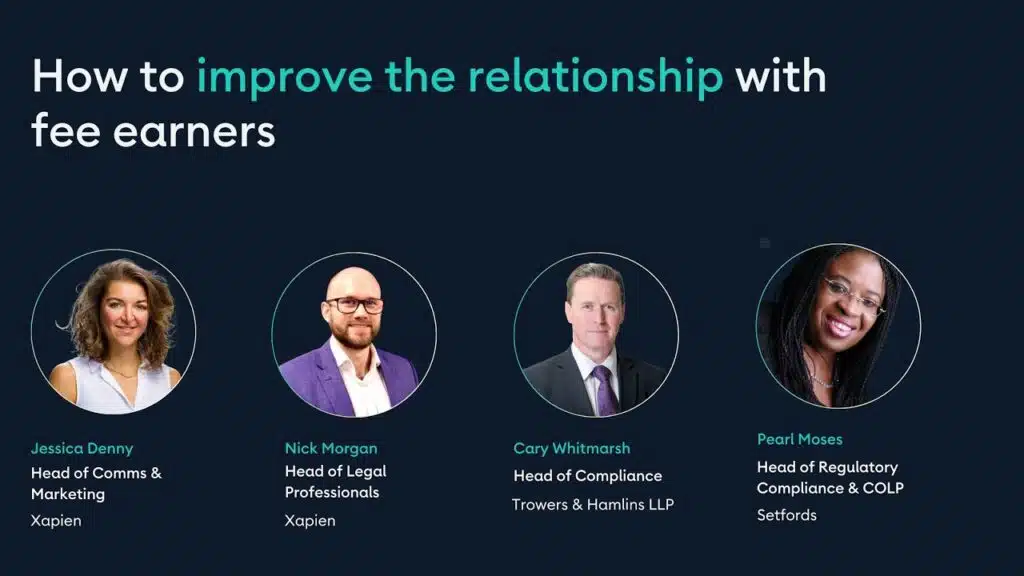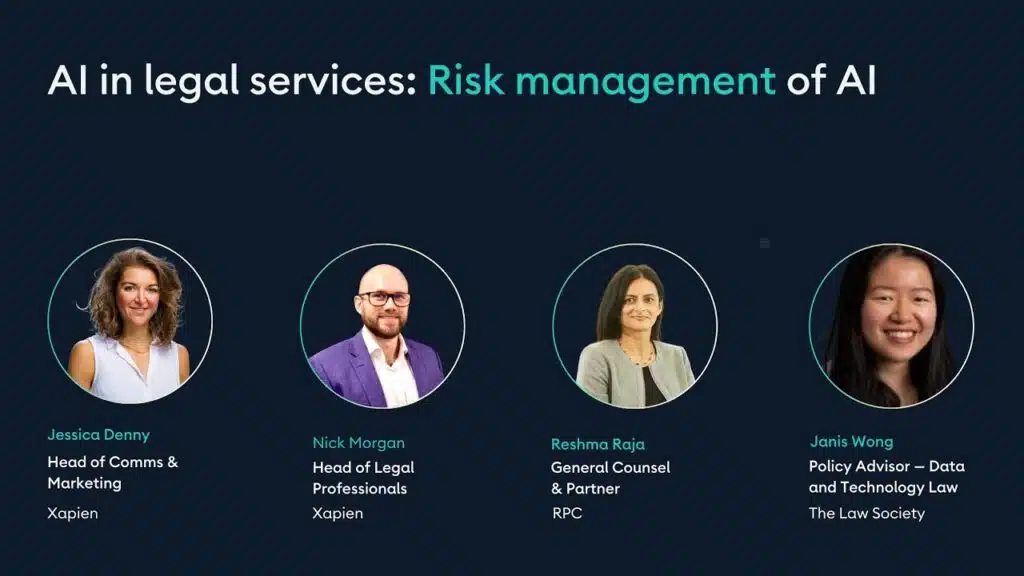Making sense of AI in compliance: What works, what doesn’t, and why humans still matter
Co-developing the first AML due diligence tool powered by a Large Language Model
The firm faced challenges in finding a tool that was both reliable and trustworthy. This led them to partner with us to co-develop the legal market’s first AML due diligence tool powered by a Large Language Model (LLM).
Read MoreBest client onboarding software for law firms in 2025
The Economic Crime & Corporate Transparency Act in 2025
The Economic Crime and Corporate Transparency Act (ECCTA) is reshaping the regulatory landscape for law firms, increasing responsibilities to combat economic crime, particularly fraud, and enhance corporate governance. As part of these reforms, the Act seeks to bring greater transparency and reliability to corporate structures, both within the U.K. and internationally.
Read MoreTaking a risk-based approach to client onboarding: Pinsent Masons case study
Taking a risk-based approach to AML compliance with traditional tools and methodologies is slow and arduous, leading to an unbalanced approach to AML risk management. This e-book explores why firms are falling short in adopting a risk-based approach, and how Pinsent Masons are collaborating with Xapien to design, test, and co-develop a fully automated AML due diligence and risk assessment tool. This tool will enable firms like yours to streamline onboarding and create a better-balanced AML compliance system that meets the needs of clients.
Read MoreCustomer story: WaterAid
Ethical and reputational due diligence is a critical component of WaterAid’s organisational strategy. Given WaterAid’s reliance on partnerships with various donors, suppliers, and collaborators, maintaining a robust process for identifying potential risks and opportunities is essential. This need has become even more pronounced with growing global attention on sustainability, financial crime, and governance issues. To address these challenges, WaterAid implemented Xapien to provide ethical checks and streamline information gathering across various departments.
Read MoreWebinar: Navigating global and local AML standards
Join us for this webinar featuring Bruno Edenogie, Head of EU Compliance and Data Protection Officer at Orrick. We explore how to navigate global and local compliance standards and the complexities of building effective anti-money laundering (AML) programs. While we discuss the challenges of managing AML compliance across different jurisdictions, our Head of Legal Professionals, Nick Morgan, shares practical strategies for implementing AI technology. Nick explains how AI helps teams access broader and more nuanced data, leading to deeper insights into a client’s overall risk profile. By using AI effectively, firms can balance their approach—avoiding both over-scrutiny that wastes resources and under-scrutiny that exposes them to regulatory risks. This balanced approach is key to managing compliance across international jurisdictions.
Read MoreWebinar: How to improve the relationship with fee earners
This session covers how compliance teams can improve their relationship with fee-earners while strengthening risk assessments. Our guest speakers talk about using a mix of technology and traditional methods, like client risk assessment forms that promote deeper thinking beyond simple checkboxes. The session also highlights the importance of open-source research, enabling compliance and fee-earners to look at a client’s risk profile in full context. It’s not just about what you know about them; it’s about what the rest of the world knows about them. Complete the form to learn more about Xapien.
Read MoreKaurMaxwell
In any litigation, counterparty research can uncover case-winning nuggets of information. However, conducting deep counterparty research for every case was a luxury KaurMaxwell couldn’t afford. Failing to thoroughly profile opponents and all the different stakeholders involved meant they risked not finding those nuggets.
Read MoreWebinar: AI in legal services—risk management of AI
Sixty percent of large law firms are looking into AI. However, there are still concerns about safe usage and ethical compliance. Data security is a big issue; firms need to understand regulations and ensure clients give informed consent regarding their data, as many have specific hosting requirements. It’s also important for law firms to follow strict security protocols when integrating new AI tools. Our guest speakers emphasise why we shouldn’t rely too much on AI since it can’t replace human insight and ethical judgment. Instead, lawyers should use AI to improve efficiency but remain responsible for making nuanced decisions based on their expertise and client relationships. With the right safeguards, firms can use AI without compromising client privacy or reputation.
Read More








